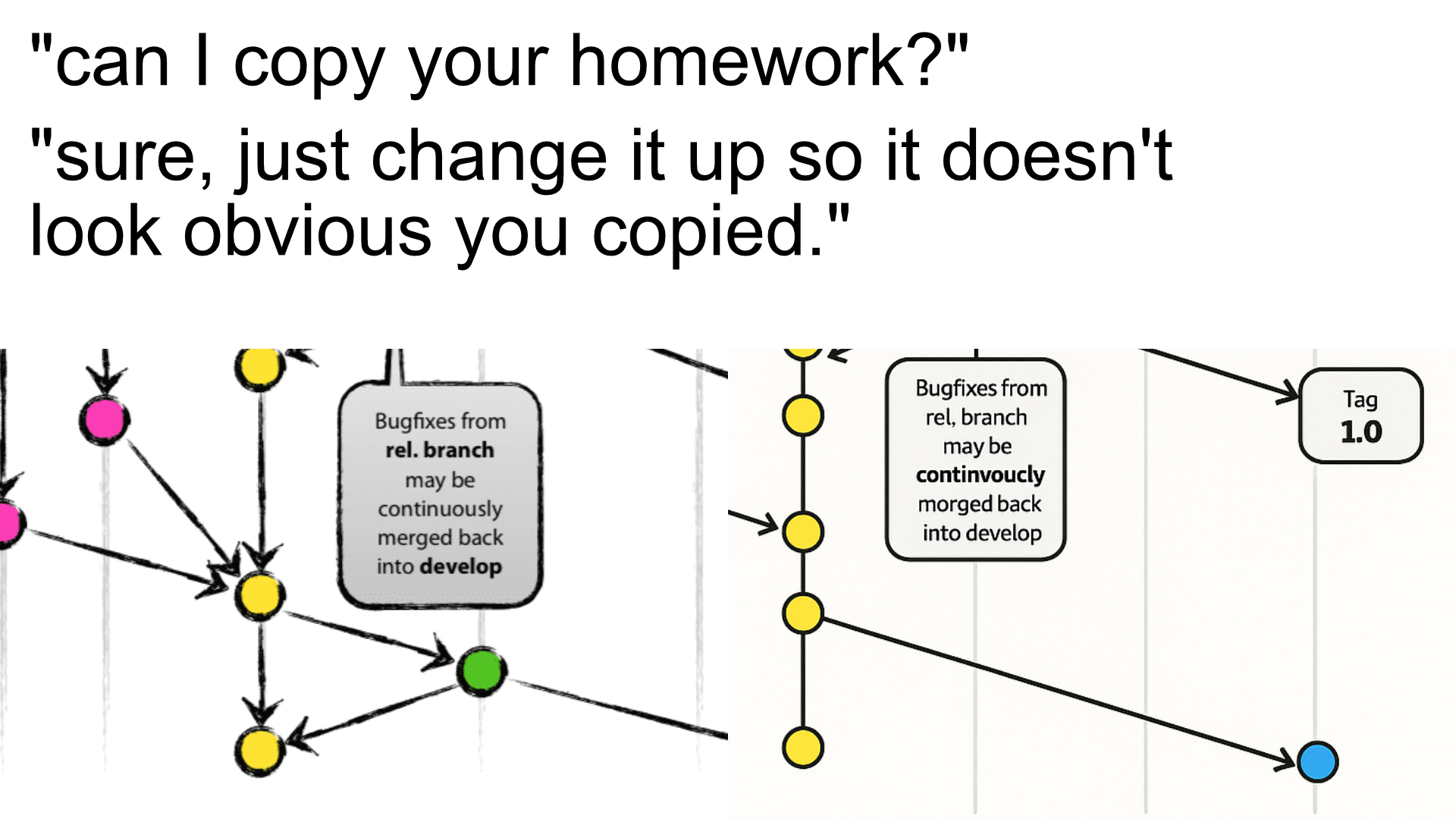Microsoft Japan tried a four-day workweek, and people got more done
Microsoft Japan tried giving employees a three-day weekend for an entire month.

All the latest news, reviews, and guides for Windows and Xbox diehards.
You are now subscribed
Your newsletter sign-up was successful
What you need to know
- Microsoft Japan tested a four-day workweek for an entire month.
- The experiment led to increased productivity.
- During the same time period, employees took less time off and used fewer resources.
Microsoft Japan gave employees an entire month of three-day weekends in July of 2019. The "working reform project" was part of the Work-Life Choice Challenge Summer 2019 (via SoraNews 24). During the project, Microsoft Japan saw increased productivity by employees and a reduction of used resources.
As reported by SoraNews 24, employees took 25.4 percent fewer days off, used 23.1 percent less electricity, and printed 58.7 percent fewer pages during the project. Some resource reduction would occur simply by lowering the number of working days, such as reducing electricity use, but the reductions were higher than what would occur by simply reducing consumption by 20 percent.
During the same time period, productivity increased by 39.9 percent. Unsurprisingly, 92.1 percent of employees said they enjoyed working four days per week.
Though one month is a small sample size, the project indicates that there could be some merit to reducing working hours within a week. Some believe "Parkinson's Law," which states that "work expands so as to fill the time available for its completion." There's a chance that people are more efficient when given smaller windows to complete work.
How many days do you believe employees should work in a week? Let us know in the comments below.
All the latest news, reviews, and guides for Windows and Xbox diehards.

Sean Endicott is a news writer and apps editor for Windows Central with 11+ years of experience. A Nottingham Trent journalism graduate, Sean has covered the industry’s arc from the Lumia era to the launch of Windows 11 and generative AI. Having started at Thrifter, he uses his expertise in price tracking to help readers find genuine hardware value.
Beyond tech news, Sean is a UK sports media pioneer. In 2017, he became one of the first to stream via smartphone and is an expert in AP Capture systems. A tech-forward coach, he was named 2024 BAFA Youth Coach of the Year. He is focused on using technology—from AI to Clipchamp—to gain a practical edge.
